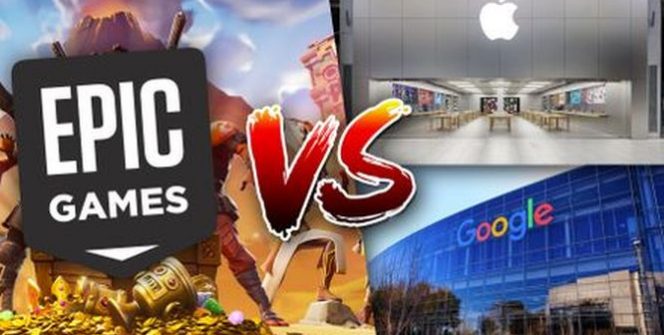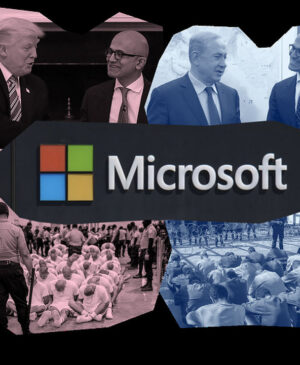And the Alphabet-owned company does so by following Apple’s core arguments, claiming that the Tim Sweeney-led company, Epic Games is mainly after “tremendous monetary gain and wealth.”
The countersuit points out that all the events are due to Project Liberty, which was a scheme last year whereby Epic surreptitiously added alternative payment methods to Fortnite’s iOS and Android versions, then sued both Apple and Google, launching a PR campaign to get the crowd on Epic’s side.
However, on Android, the apps’ developers aren’t forced to use Google Play to download or distribute the apps, but using Google’s payment system is obligatory. According to Google, Android “gives app developers and smartphone consumers more openness and choice than any other major competitor.” After some legal descriptions, we can see that Google seems to have the same stance against Epic as Apple does, primarily harking back to signing a DDA (developer agreement) regarding Fortnite on Google Play.
“Not satisfied with those immense [Android] profits, it entered into a legal agreement with Google with which it never intended to comply, deceiving Google and concealing its true intentions to provoke a legal and public relations confrontation that continues to this day. [Project Liberty is] a systematic change that would result in tremendous monetary gain and wealth. […] The policies and practices of Apple and Google impede Mr Sweeney’s vision of an oncoming metaverse.
Internally, Epic also hoped to revive and reinvigorate Fortnite by pivoting its business whereby player-developers could create new content and Epic could share a majority of profit with those creators. […] Epic had no intention of actually complying with its agreement with Google […] According to Epic’s documents, the plan was simple: ‘[i]f we are rejected for only offering Epic’s payment solution. The battle begins. It’s going to be fun!’ Mark Rein, Epic’s co-founder, predicted ‘there’s a better than 50% chance Apple and Google will immediately remove the games from their stores the minute we do this,’ and Daniel Vogel, the Chief Operating Officer, predicted ‘Google and Apple will immediately pull the build for new players.'”, Google wrote.
Epic had already planned to have some fireworks in August. They prepared to “hack” the fix (which then brought in the direct payment method into the mix): “Specialized engineers and an in-house information security team attempted to hack the code to ensure that Google (and Apple) could not ‘reveal the intent’ of the hotfix when it was submitted. Epic also used analytics to determine the number of players that would receive the hotfix once triggered.”
Epic sued Google on the same day that it launched its external payment system in violation of the DDA, immediately after Google removed Fortnite from Google Play. Epic also began a campaign to combat adverse consumer reactions that Epic knew were coming because of its conduct. For example, Epic knew that users would rightly see Epic as acting out of greed, so Epic told users’ [w]hen you choose to use Epic direct payments, you save up to 20% as Epic passes along payment processing savings to you.’ Epic further told consumers that Epic would pass on those cost reductions to users if Google dropped its service fee. These statements were intended to villainize and harm Google while distracting from Epic’s breach,” Google added.
Google wants a trial by jury and to remove Fortnite and terminate Epic’s developer account under the terms of the developer agreement. The company wants Epic found liable for breach of contract, as well as a violation of good faith. It wants the courts to declare Epic was unjustly enriched by its actions and give that money back to Google and, of course, “compensatory damages, punitive damages, attorney’s fees, and interest.” The best part of their demands is a permanent injunction against Epic trying anything with external payment methods again. In short, they have sided with Apple here…
Source: PCGamer
















Leave a Reply